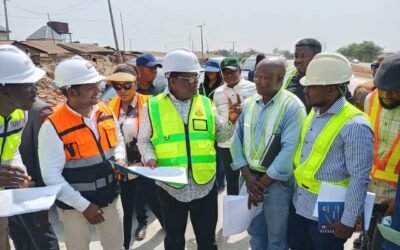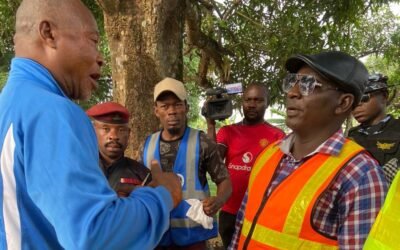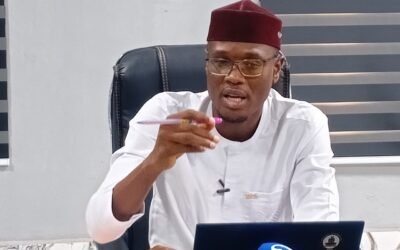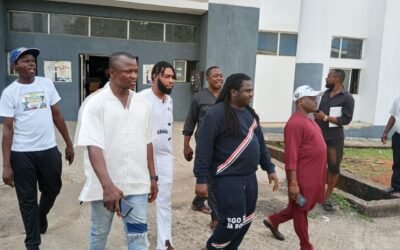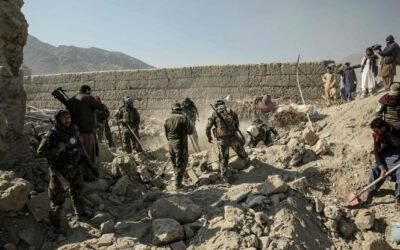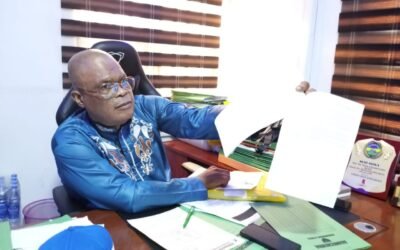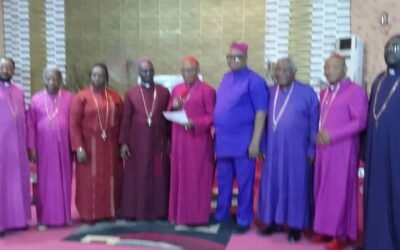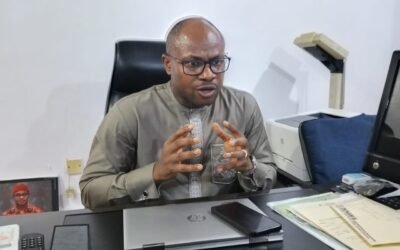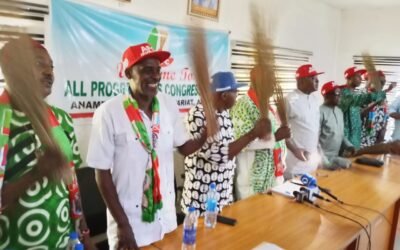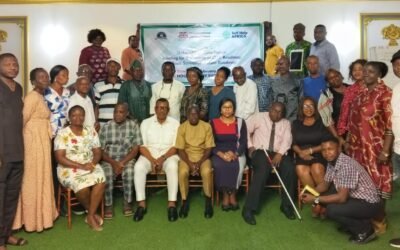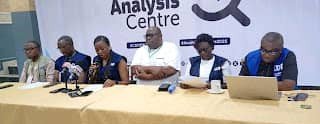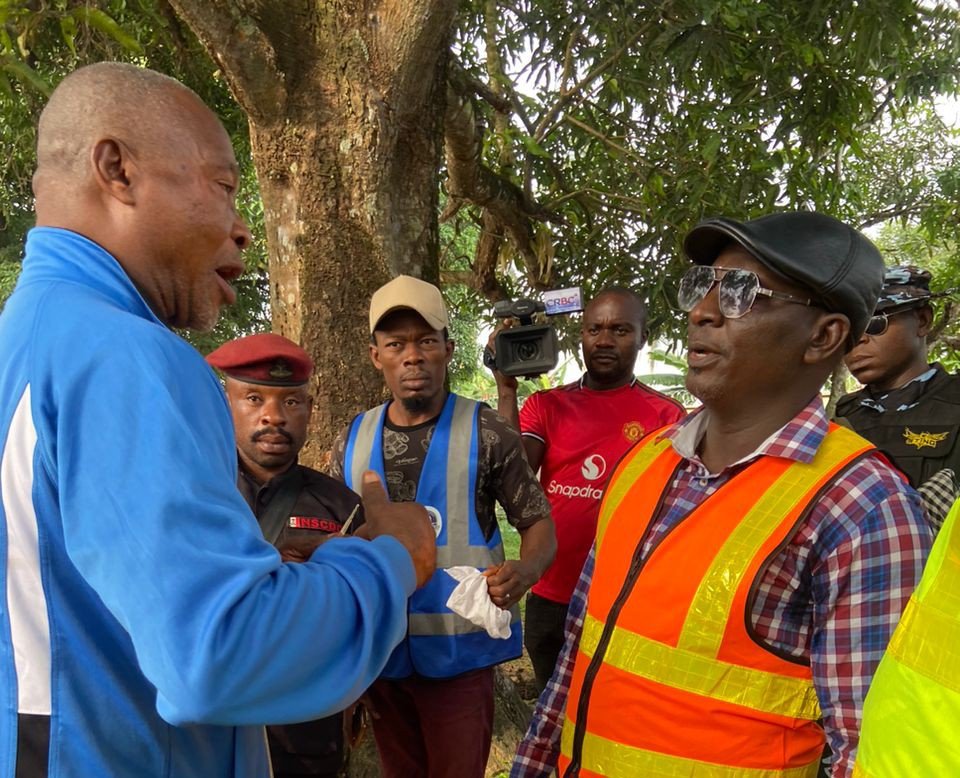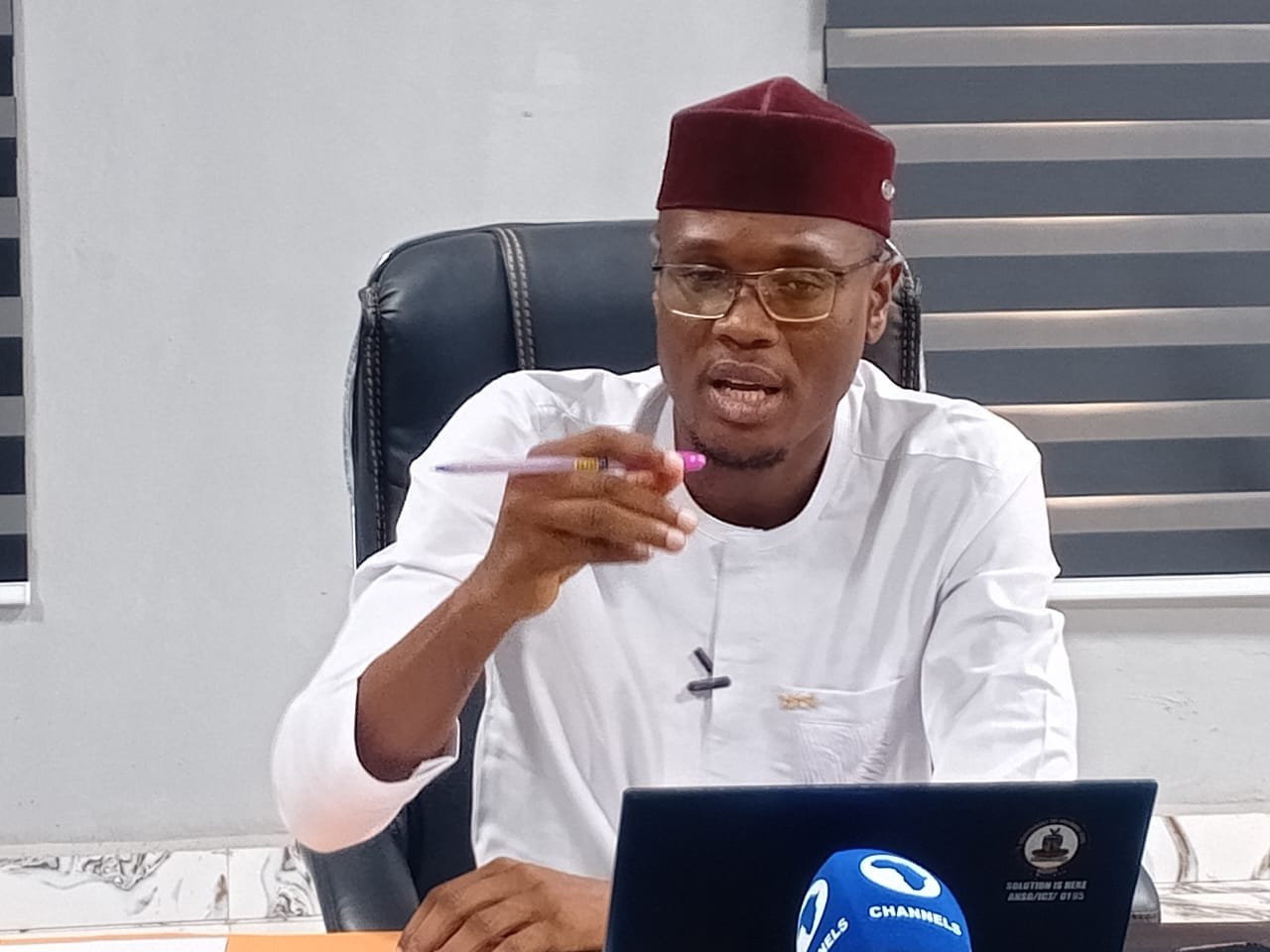By Ovat Abeng
The Centre for Democracy and Development (CDD-West Africa), an international not-for-profit platform), which deployed over 260 observers at the just concluded Anambra State governorship poll, has slammed the Independent National Electoral Commission (INEC) over failure to carter for the plights of women and People With Disabilities (PWDs) across the 5718 polling units.
CDD-West Africa, which stated this at post election press briefing held in Awka, Anambra State capital, opined that Women and PWDs faced multiple barriers, such as difficulty in accessing the polling booths and the absence of voting aid materials.
According to the Director, CDD-West Africa, Dr Dauda Garuba, the development affected participation of vulnerable people in the election unlike they had promised to do when the electoral body explained that it has trained and provided sign language integrity.
READ ALSO: Ex-Special Adviser Expresses Concern Over Management of CRBC Cocoa Farm
Garuba, flanked by the Chair, Election Analysis Centre (CDD-EAC), Professor Victor Adetula and others, also revealed other issues characterising the 2025 Anambra State governorship poll to include vote trading and electoral offences, poor performance of electoral institutions, security environment and information disorder.
“A significant proportion of the young population stayed away, despite earlier enthusiasm during the Continuous Voter Registration process. Women and persons with disabilities also faced multiple barriers, such as difficulty in accessing the polling booths and the absence of voting aid materials,” it noted.
According to them, the election revealed that Nigeria’s electoral challenges are deeply linked to wider governance failures, weak institutions, elite dominance, economic hardship, insecurity, and lack of accountability.
“The CDD recommends that the ongoing electoral reforms must target improving INEC’s operational capacity through timely funding, decentralised planning, and consistent communication. Such operational issues include logistics, mandatory real-time result publication via IReV, early voting for essential personnel and adequate personnel training.
“Political parties should prioritise voter education and conduct issue-based campaigns. They must be compelled to uphold internal democracy and adhere to transparent campaign financing. Elections cannot be treated as temporary security events. The government at all levels must develop a more sustainable security architecture that addresses root causes and provides year-round safety for residents. Only then can we safeguard electoral processes without relying on massive deployments that strain national resources and offer no long-term protection.
“Conscious steps must be taken to discourage vote trading through deliberate efforts to deliver good governance while promoting civic education across all strata of society to discourage transactional politics. The National Orientation Agency must take centre stage on this. Ongoing reforms of the electoral act must take into consideration the need to arrest and prosecute electoral offenders.
“Stakeholders, including media, security agencies and civil society organisations, must collaborate to identify and debunk disinformation during elections. INEC should enhance its public communication strategies to provide timely information that counters false narratives before they gain traction. INEC must promote inclusion through collaboration with relevant organisations on training personnel and the provision of voting aid materials for marginalised groups,” they added.
They urged the government to prioritise and tackles the issues highlighted as the INEC prepares for the 2026 off-cycle elections and the 2027 general elections because Nigeria’s democratic survival depends not just on voting but on the strength of the institutions and the governance practices that surround it.
